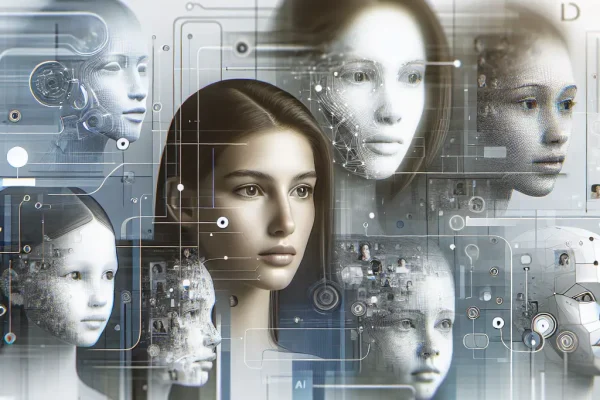Have you noticed how China seems to be racing ahead in the world of industrial robots? It’s fascinating, isn’t it? As we scroll through the news, you might stumble upon reports revealing that China’s installation of industrial robots is outpacing that of the US and Europe, and it’s happening despite a global market slump.
The Robots Are Coming
Now, I know what you might be thinking: what’s the big deal about robots? Aren’t they just these cold, metallic figures in factories? Well, not exactly. These robots are becoming a crucial part of the manufacturing process, driving efficiency and productivity. They’re capable of performing complex tasks with precision. And as we dive deeper into this topic, it’s clear that China is fully embracing this technological shift.
Record-Breaking Installations
In recent years, China has installed more industrial robots than any other nation. While the global market for industrial robots faced a downturn, China’s growth continued its upward trajectory. For instance, the data indicates that China accounted for a staggering percentage of the world’s robot installations in 2022 alone.
Why the Surge?
- Government Initiatives: The Chinese government has been proactive in promoting automation through various initiatives. Policies and incentives have encouraged both local companies and foreign investments in robotics technology.
- Cost-Effectiveness: With labor costs on the rise, businesses are turning to robots as a more cost-effective solution. It’s not just about cutting costs; it’s about long-term sustainability.
- Technological Advancement: The rapid advancement in AI and machine learning is enabling robots to perform tasks that were once thought to be impossible. Companies are investing heavily in R&D to leverage these technologies.
The Global Landscape
But what does this mean for the rest of the globe? As China continues to install robots at this pace, it puts pressure on the US and EU countries to catch up. Many companies in these regions are waking up to the reality that failing to adopt robotics could put them at a disadvantage. And that’s leading to interesting discussions—like the one I came across on Reddit—about whether traditional manufacturing can survive without automation.
Looking Ahead
It’s safe to say that we’re witnessing a shift. As industries across the globe adapt to new technologies, the challenges and opportunities will keep evolving. For us, as consumers and individuals, it raises some important questions about the future of work and economic structures. Will there still be jobs for humans in factories? How will this impact our daily lives?
In the grand scheme of things, the growth of industrial robots in China is just the beginning. The questions we need to ask are not only about efficiency and profitability but also about a future where humans and machines can coexist and thrive.
Final Thoughts
So, what do you think about this robotic revolution? Are you excited or concerned about the rapid rise of automation in industries? I’d love to hear your thoughts!


